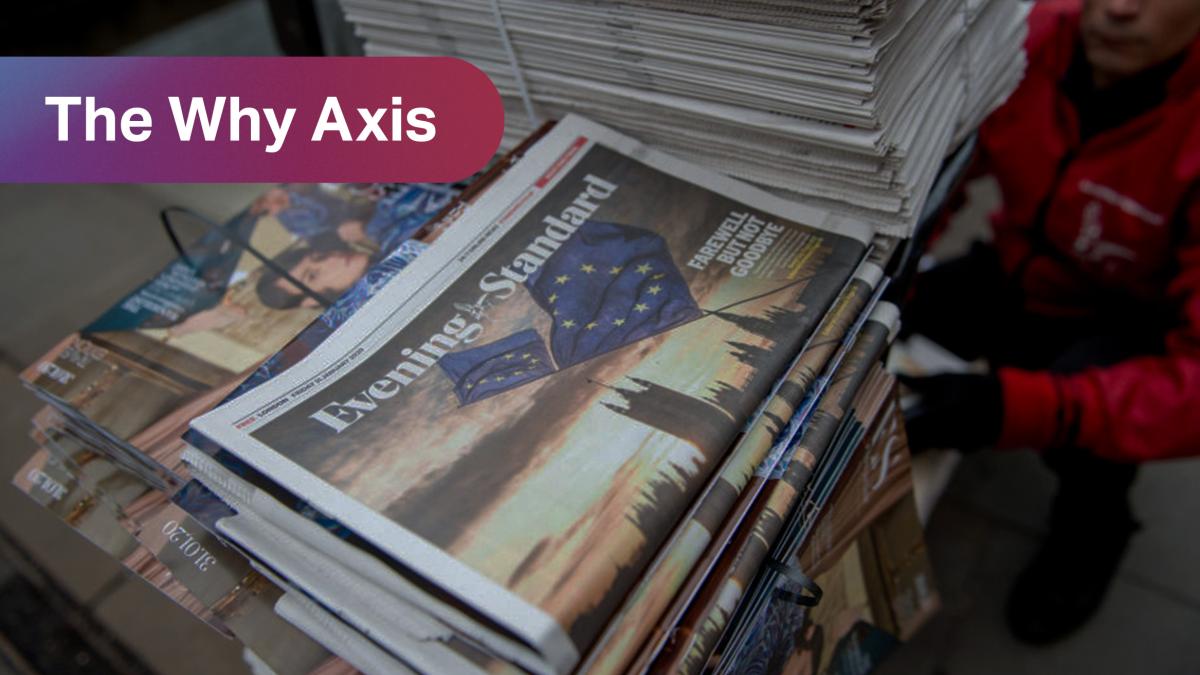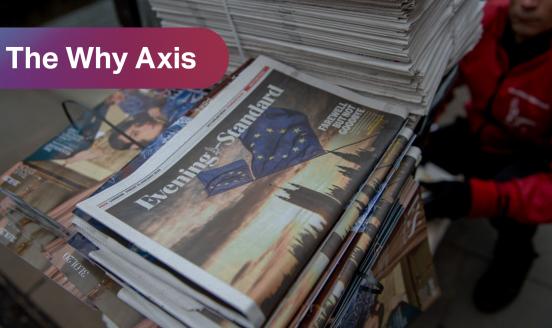How can the Digital Markets Act enhance digital innovation?


Mark your calendars! Large digital ‘Gatekeepers’ must comply with the Digital Market Act's rules by 6 March. New functionalities may be rolled out on that day or it might be a day when business users obtain access to very limited and imperfect functionalities - meaning the user experience may not change too much. Perhaps gatekeepers will make promises that new functionalities will be launched in future, but only after further conversations with the European Commission. Hopefully there will not be any gatekeepers who simply refuse to comply or fail to comply with a pretextual legal argument.
The law provides for robust procedures to challenge non-compliance in that case. The Commission can pursue significant fines against gatekeepers if they are warranted. However, the Commission may not want to bring non-compliance proceedings against gatekeepers who appear to be sincerely trying to solve a difficult problem because this is a new law covering complex technology. Some delay may be inevitable. Non-compliance proceedings will be even less attractive if there are many core platform services that are not adhering to the law as enforcing against all of them at once would be difficult.
The DMA raises the tantalising possibility of European digital innovation with new and exciting functionalities. Rival European app stores may enter the market and curate differently than the legacy app store or they might allow for interesting cross-functionalities among apps within a store. Stores may charge developers lower prices, thereby stimulating entry and innovation among developers. Well-known developers may sell content on the web to avoid commissions to app stores entirely, while taking advantage of the provisions in the DMA that ensure consumers can enjoy the content through the app.
New businesses that want to run their own digital wallets and app stores through the gatekeeper's operating system may enter. The DMA may enable progress on very different conceptions of app store experiences such as the metaverse. These possibilities, and more, for innovation under the DMA make it one of the more interesting new regulations in the digital area. Whether those innovations arrive on 6 March or take a few years, users will likely find them worth exploring.
Read Fiona M. Scott Morton’s working papers on the topic, ‘The chicken-and-egg problem in the European Union Digital Markets Act’ and ‘Entry and competition in mobile app stores’.
The Why Axis is a weekly newsletter distributed by Bruegel, bringing you the latest research on European economic policy.



